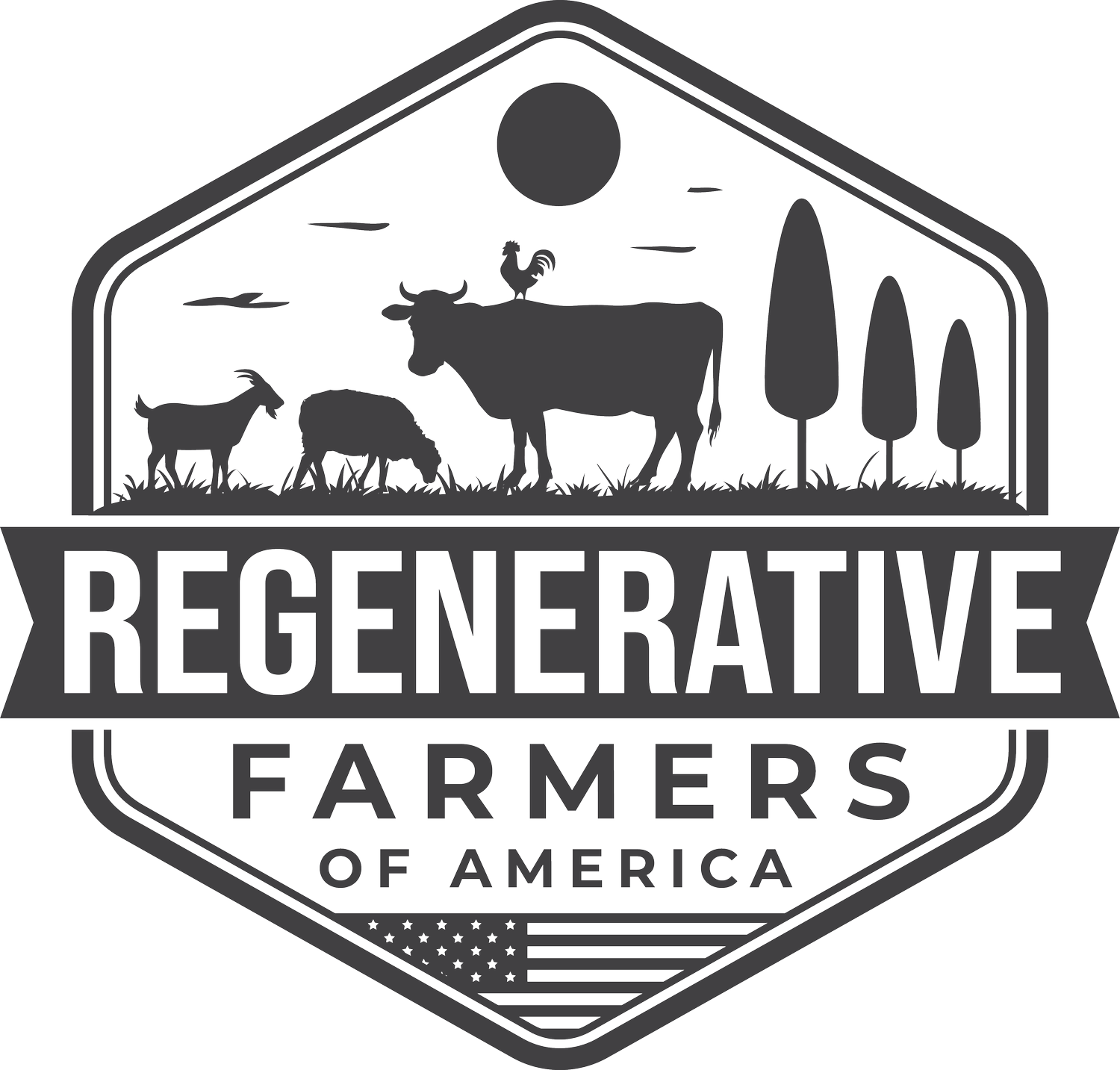Vermicompost
Vermicompost (vermi-compost) is the product of the decomposition process using various species of worms, usually red wigglers, white worms, and other earthworms, to create a mixture of decomposing vegetable or food waste, bedding materials, and vermicast. This process is called vermicomposting, while the rearing of worms for this purpose is called vermiculture.
Vermicast is the end-product of the breakdown of organic matter by earthworms. These excreta have been shown to contain reduced levels of contaminants and a higher saturation of nutrients than the organic materials before vermicomposting.
Worms and other bugs can speed up the breakdown process of composting and provide other nutrient benefits. Worms will also need a different living condition than some compost bins.
Typical earthworms that you find in your garden are not suitable for vermicomposting. These are soil-dwelling worms that do not process large amounts of food waste and don’t reproduce well in confined spaces. Instead, worms commonly known as redworms or red wigglers are preferred because they reproduce rapidly, are communal and tend to remain on the surface while feeding. Under ideal conditions, a worm bin population can double about every 2 months. For more on the basics of Vermicomposting visit Rodale Institute.
For larger but easy to use vermicomposting we highly recommend the Urban Worm bag. The bag can be fully sealed and all you need to do to harvest the benefits is squeeze the casings from the bottom into a container.
Find more details at minute 7:38 in the compost video above or
Check out their details here.



